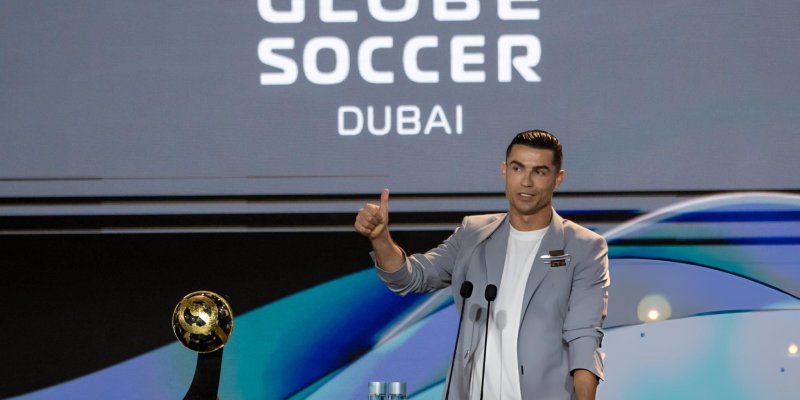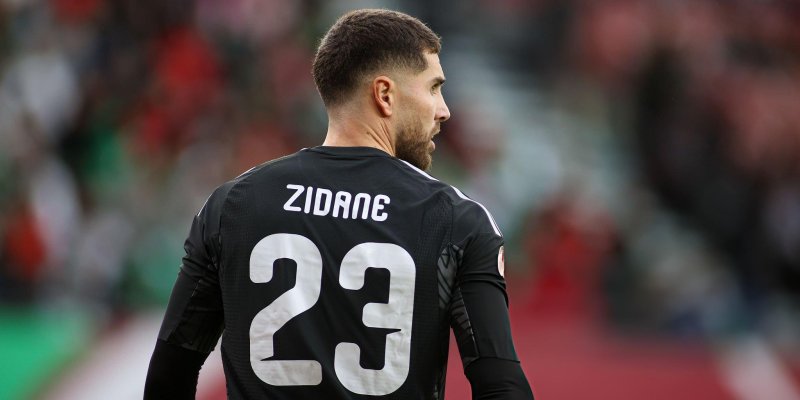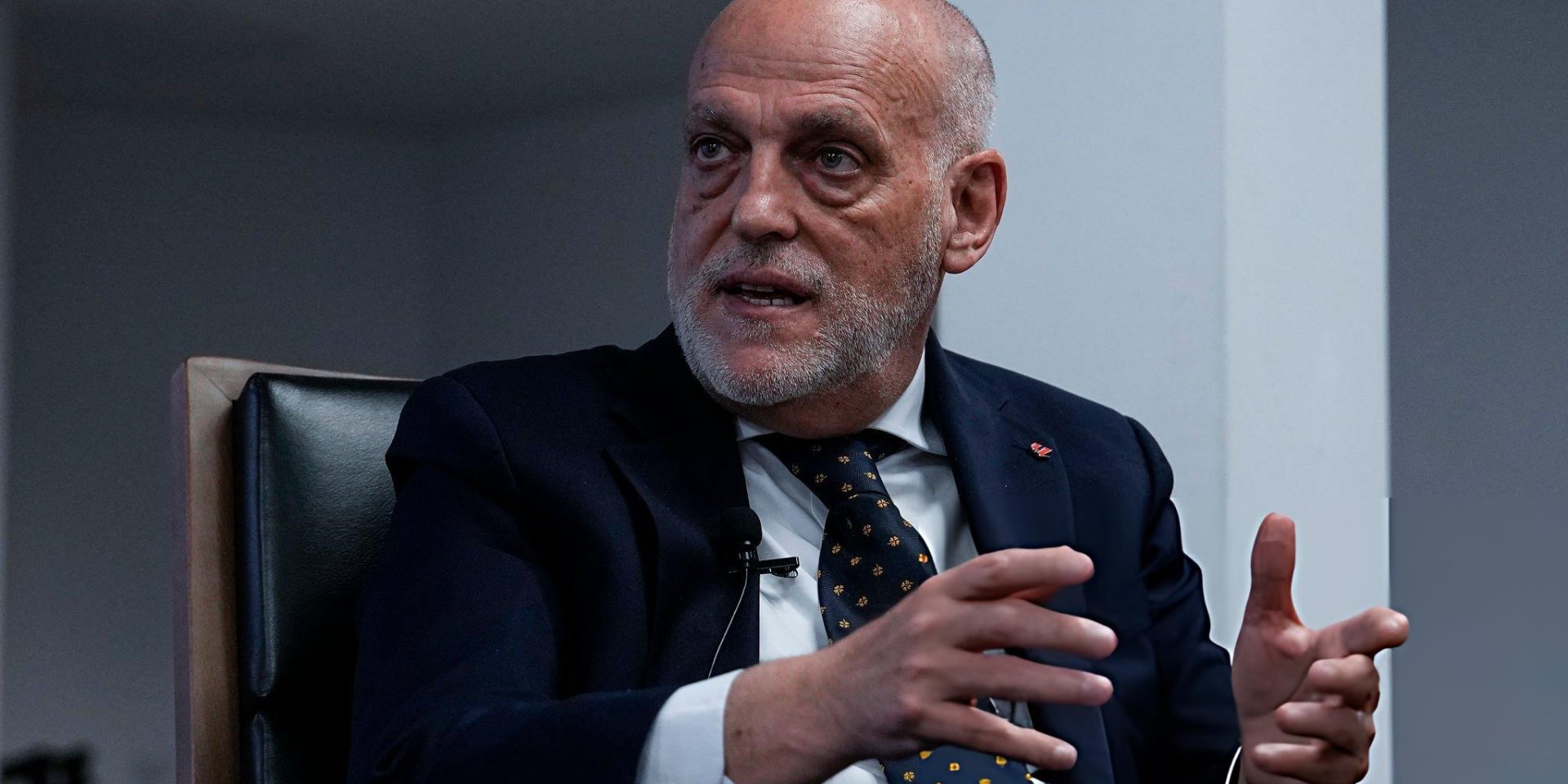
In Spanish football, money is back on the agenda — and not just transfer fees, but their meaning. La Liga president Javier Tebas explained why comparing Spain only to England is a mistake, where the “extra” market inflation comes from, and why financial sustainability matters more to him than flashy signings.
Transfers Are Investments, Not Just Expenses
— Mr. Tebas, you often insist that any talk of signings should be a talk about investment. Why?
— Because spending for spending’s sake erodes value. When clubs allocate funds inefficiently, they don’t strengthen their assets — they consume capital. That’s exactly what we see in the Premier League: most of the outlay doesn’t become investment with a clear return over time. In Spain, we try to assess any major transfer through the lens of payback — both sporting and financial.
Don’t Compare Only With the Premier League — Look at the Bundesliga Too
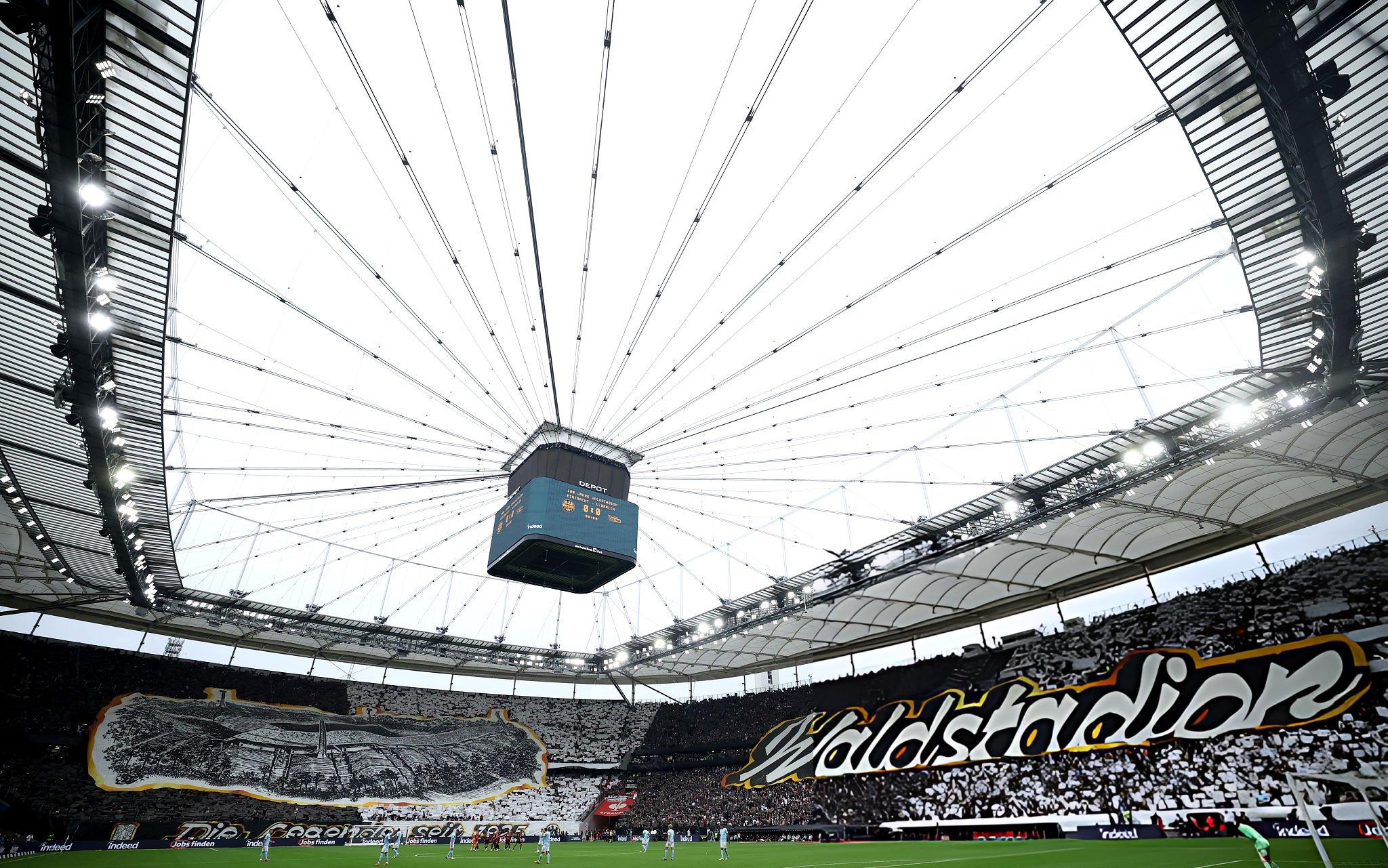
— Spanish football traditionally measures itself against England. Are you proposing a different perspective?
— Yes, it’s more accurate to align the compass with the Bundesliga. By turnover, La Liga and the German league are comparable: around four billion euros each. The Premier League does earn more, but not “twice as much,” as is often said — roughly 1.8 times. Even if we accept “twice” for simplicity, the logic is clear: with our spending around 700 million euros, English clubs should be spending about 1.4 billion to stay within their revenues.
Where the "Extra" Billions Come From — And Why It’s Dangerous
— But reality seems different.
— Exactly. Over the last seven seasons, Premier League spending has consistently exceeded a reasonable threshold by more than double. This year, spending “should” have been about 1.4 billion euros, yet it came out to roughly four billion. The difference — those 2.5 billion — isn’t magic; it’s losses. And losses, multiplied by the league’s scale, generate inflation across the global transfer market: when someone systematically overpays, prices rise for everyone. We feel it because today the market is global and interconnected.
"The Government Has Stepped In": Oversight and Risks of the English Model
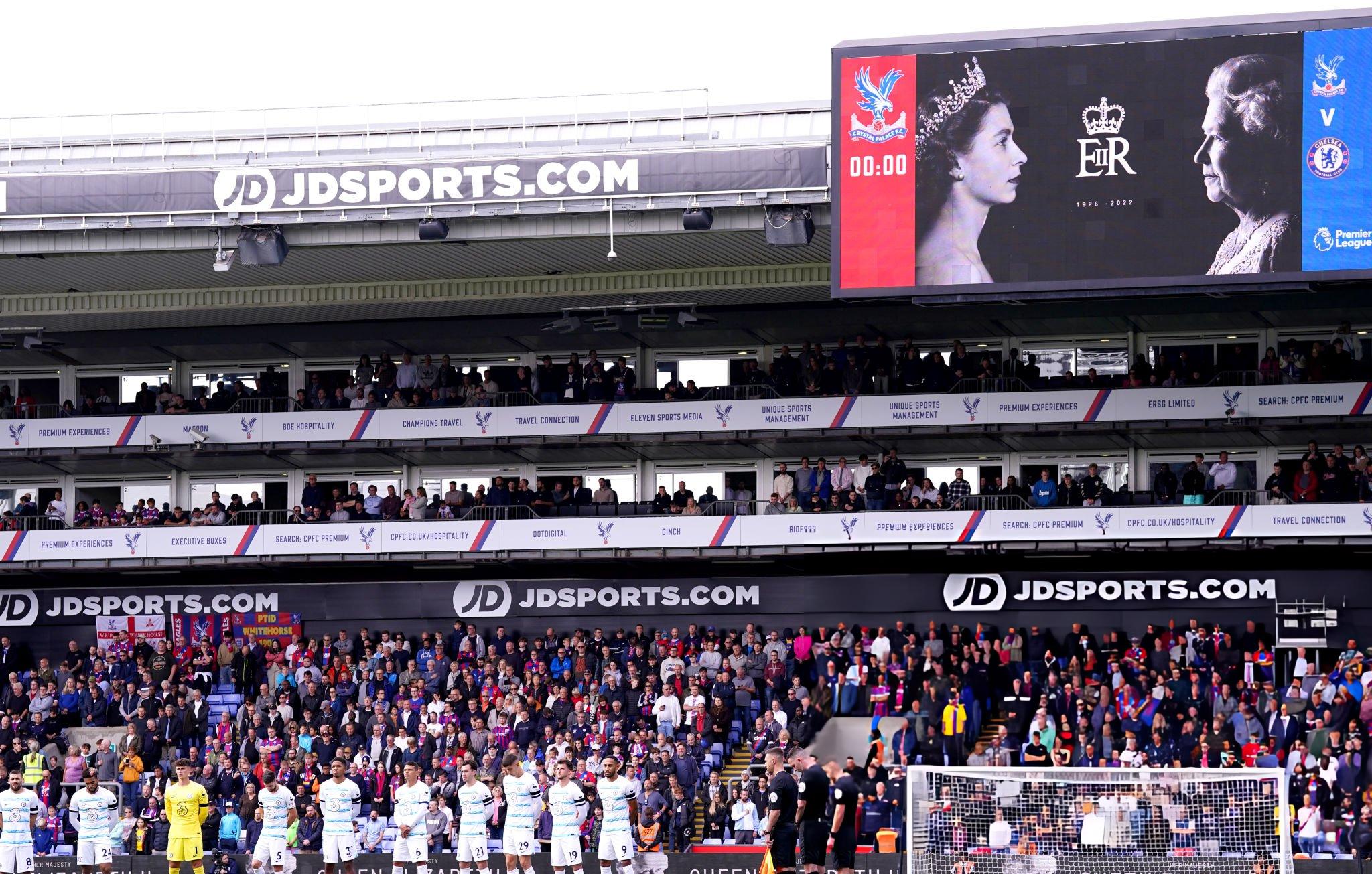
— You mentioned intervention by the UK authorities. What do you mean?
— Authorities are closely monitoring what’s happening in English football — unsurprising given the results: last season, the Premier League’s aggregate losses were about 1.2 billion euros. When a financial gap becomes habitual, regulatory oversight inevitably intensifies. That’s normal in any industry: the more pronounced the systemic risks, the more the state takes an interest in the model’s sustainability.
La Liga and the Bundesliga: A Path to Break-Even and Discipline
— How is La Liga responding? Aren’t you risking falling behind competitively?
— We’re not going to “catch up with our wallet” in a price race. Our goal is to be competitive and economically sustainable at the same time. That’s why we defend rules, limits, and oversight — they protect clubs from strategic errors. In this, we’re closer to the Bundesliga: we prefer gradual growth to patching holes with losses. Spanish football is doing important work — building a system where success doesn’t require financial self-destruction.
On Italy and France — Briefly and Cautiously
— How do you assess the situations in Serie A and Ligue 1?
— I’d rather not go into detail, but their position is more challenging than ours. That’s another argument for discipline: when the market overheats, without clear rules it’s very easy to turn budgets into debt traps.
"We Won’t Stop Signing — We’ll Stop Overpaying"

— What would you say to those who criticize La Liga for “modest windows”?
— Making signings doesn’t mean overpaying. We’re not stopping the strengthening of clubs; we’re stopping the subsidizing of someone else’s inflation. Spain’s top teams remain strong, and the middle tier gets a chance to grow without a critical debt burden. It’s a strategic choice: sporting competitiveness plus financial sustainability.
What’s Next: Principles for the Long Haul
— What will the next chapter be?
— We’ll keep to our core principles: transparency, cost control, and sensible investment in players and infrastructure. If any segment of the market starts inflating prices again, we won’t follow at the expense of sustainability. In the long run, it’s not the loudest spending that wins, but the smartest decisions. That’s exactly what we’re doing in Spanish football.

